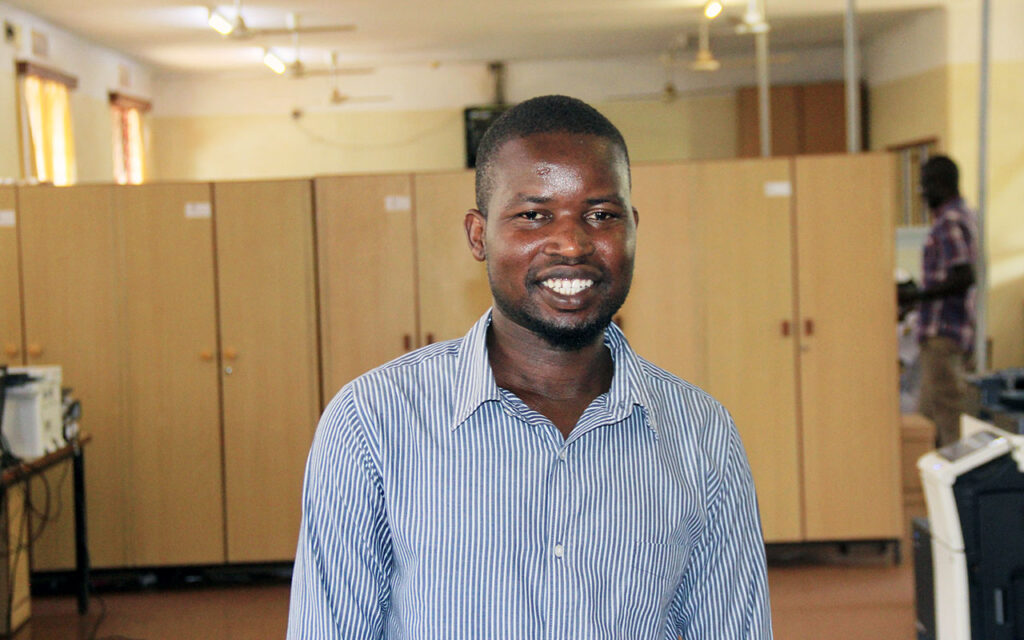Personalising haemophilia management with shared decision making
Haemophilia healthcare is constantly evolving. Partnership with people with haemophilia is increasingly recognised as vital for ensuring high quality and ethical healthcare. This means recognising that people with haemophilia have ‘experiential knowledge’ – that is, knowledge gained from personally living with haemophilia and the day-to-day experience of managing their haemophilia. To make use of this, healthcare professionals are being encouraged to support ‘shared decision making’. This is the topic that Leonard Valentino and colleagues explore in more detail in their article ‘Personalising haemophilia management with shared decision making’, published in The Journal of Haemophilia Practice.
Expertise and education
Shared decision making brings an individual’s expertise about themselves and what is important to them together with a clinician’s knowledge about the benefits and risks of available treatment options. The idea is that this can create more personalised care, and a more equal relationship between people with haemophilia and their healthcare team. Studies have shown that involving people in their care in this way can improve their health outcomes, satisfaction, and willingness to stick to their treatment regimes. It’s not without challenges, though. It requires making sure people with haemophilia are provided with enough information and confidence to participate – and that healthcare professionals have the training and skills to support them. Suddenly being asked to decide about treatment options can be overwhelming if people haven’t been taken on a journey to develop confidence.
Education for everyone is vital to ensuring the success of shared decision making. As Leonard and his colleagues point out, it can be hard to stay on top of all the different options. This is particularly vital in haemophilia care presently, where the number of new and recently introduced treatments and treatment types has expanded rapidly. Patient advocacy groups have an important role to play here, in developing new and exciting education and engagement programmes as even more new treatment types come online. As the authors mention, the approaching dawn of gene therapies will require both healthcare professionals and people with haemophilia to think very differently about benefit, risk, and what matters most to people with haemophilia. Gene therapies are very different to the treatments we’re used to talking about. People with haemophilia need to receive accurate and accessible information so that they can feel confident and comfortable to take part in decisions about their care.
Understanding what’s important
With modern haemophilia management allowing for a great level of variability in the frequency of treatment, there are huge opportunities to use shared decision making to understand what is important to people with haemophilia and customise treatment to better meet goals and manage burdens. Hopefully, in the near future, it will become the standard way in which people with haemophilia and healthcare professionals work together!
Further reading
Valentino LA, Blanchette V, Negrier C, et al. Personalising haemophilia management with shared decision making. J Haem Pract 2021; 8(1): 69-79. doi: 10.17225/jhp00178


